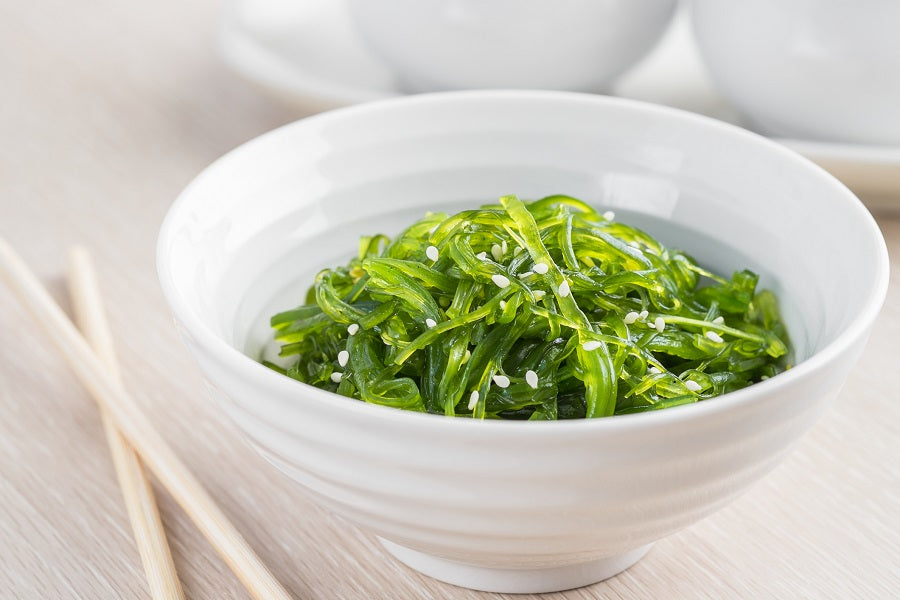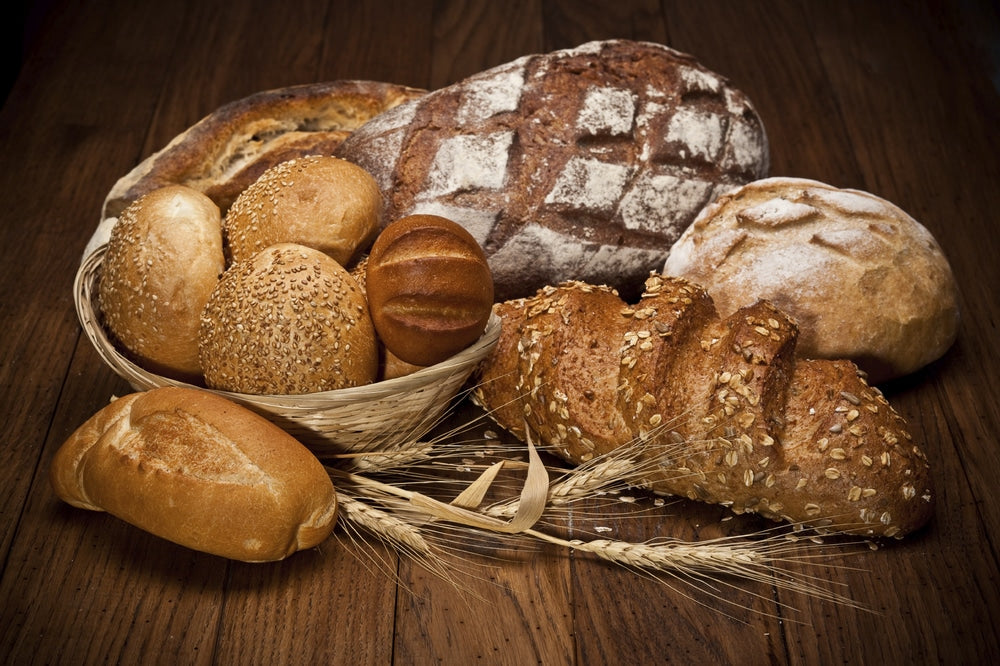
Getting the Kelp You Need
Kelp can supercharge your metabolism, ward off inflammation and disease, and help save our oceans.
Are you vacationing at the beach this year? If so, I hope you’ll take a minute to admire one of Mother Nature’s greatest gifts to us. I’m talking about kelp. Yes, kelp—that seaweed that washes up on the beach and makes your kids say, “Eeeeuuw.” Kelp may look like beach trash, but it’s actually one of the planet’s most powerful super-foods. The Japanese have known this all along, which is why it stars in so many of their dishes. Now everyone else is catching on, and that’s a great thing. Here are some of the reasons why kelp deserves a spot on your plate.
Let’s start with iodine.
Many people are trying to avoid overusing table salt these days. In addition, more and more of us are switching to sea salt or pink Himalayan salt because these are rich in trace minerals and free of additives. Both of these are good trends, but they have one downside: We’re not getting as much iodine in our diets. While regular table salt is fortified with iodine, sea salt and pink Himalayan salt aren’t. As a result, many of us are at risk for an iodine deficiency. That’s bad news, because low iodine levels can contribute to obesity, heart disease, psychiatric disorders, and some types of cancer. Fortunately, here’s where kelp can come to the rescue. Since it grows in the ocean, it’s loaded with iodine. As a result, it can keep your thyroid (and, in turn, your metabolism) at peak function. That means a slimmer, healthier you.And that’s not all…
Kelp is one of the most nutrient-dense foods on the planet. It provides a good dose of protein along with 46 minerals, 16 amino acids, and 11 micronutrients—all in a low-calorie package. When you add a serving of kelp to your diet, you’ll get a dose of:- Vitamins A, B1, B2, C, D, and E
- Copper, iodine, iron, magnesium, potassium, and zinc
- Folic acid
- Calcium
In addition, many types of kelp contain fucoxanthin, which has antioxidant, anti-inflammatory, and cancer-fighting properties. Fucoxanthin and other bioactive compounds in kelp can also help you lose fat faster. Want more? One substance in kelp, called fucoidan, can help keep your bones strong. In addition, it may help lower your blood pressure and improve your cholesterol.
How clean is kelp—and what form is best?
Some people caution about eating kelp, citing concerns about consuming toxic metals such as mercury and arsenic. However, the kelp that gets sold fresh in stores comes from certified waters that are tested every week. (This is an area where we actually have pretty good regulations.) It’s best, if possible, to eat your kelp in its fresh plant form, rather than as a supplement. It’s most effective that way, and you’ll avoid getting needlessly high doses. Taking too much kelp as a supplement—a mistake that many people make—can send your thyroid into overdrive, causing lots of nasty (and potentially dangerous) problems.
Where can you get kelp—and how can you use it?
The best places to get fresh kelp are Whole Foods, other health food stores, and Asian markets. You can use it in salads, soups, smoothies, and sauces (especially in Asian dishes). You can also get kelp noodles, which are a tasty and fun way to eat kelp. There’s no established amount of fresh kelp you should eat every day. As a rule of thumb, the Japanese diet traditionally includes about 3 tablespoons daily. That’s a good goal, because it’s an easy amount to work into your meals. So the next time you’re shopping, add this superfood from the sea to your grocery list. If you’re serious about staying slim and healthy, kelp can help!
Keep thinking big and living bold!







